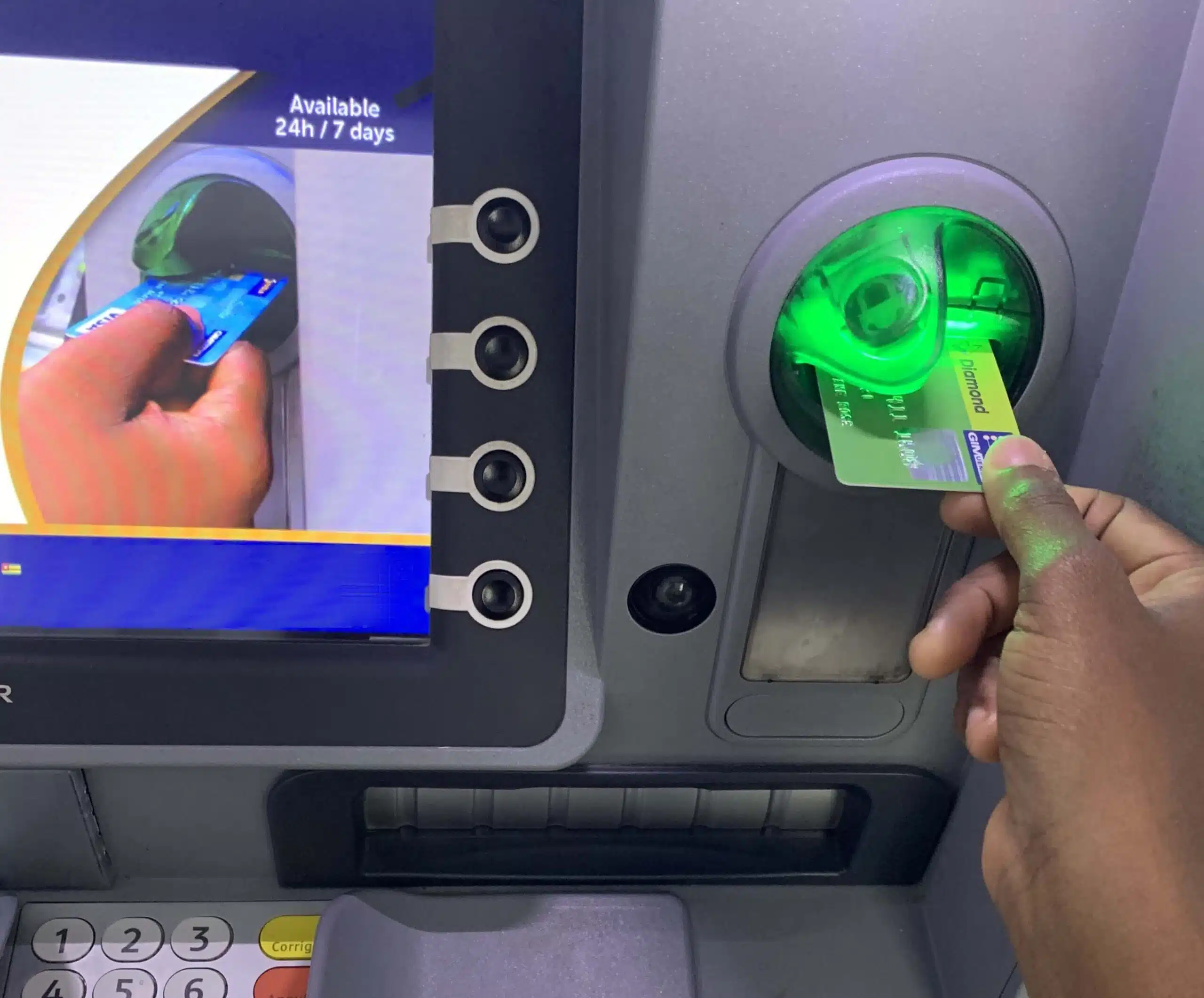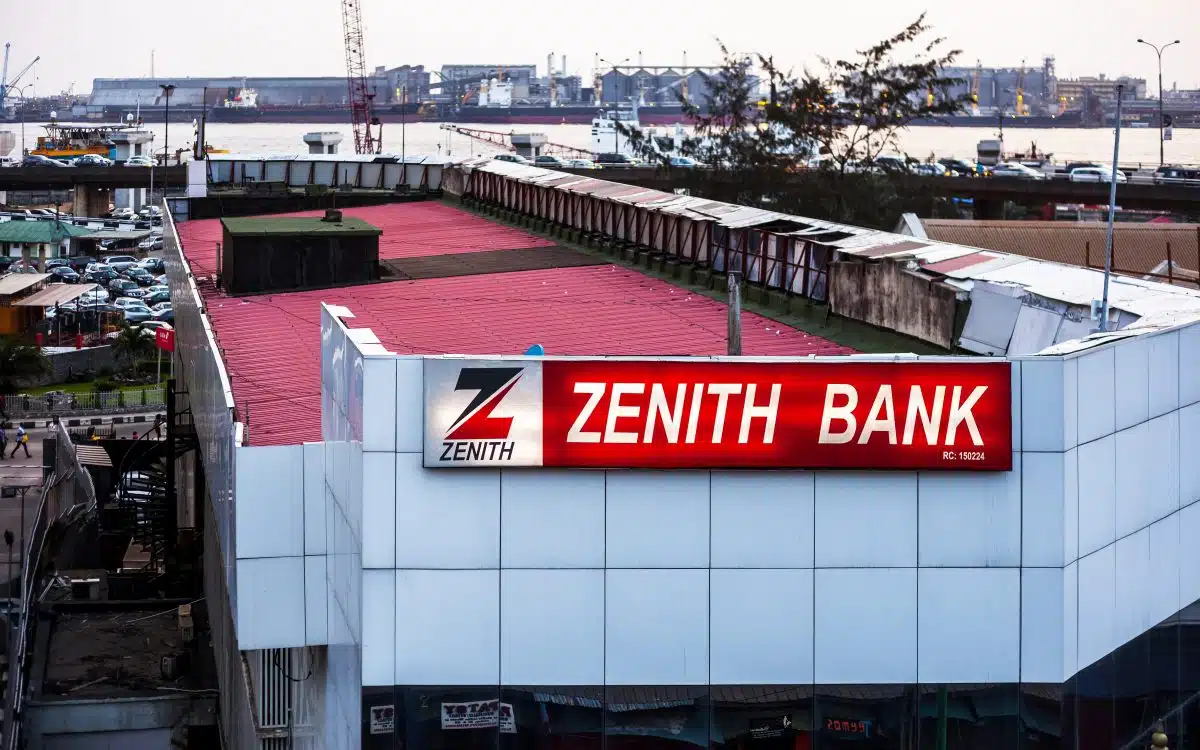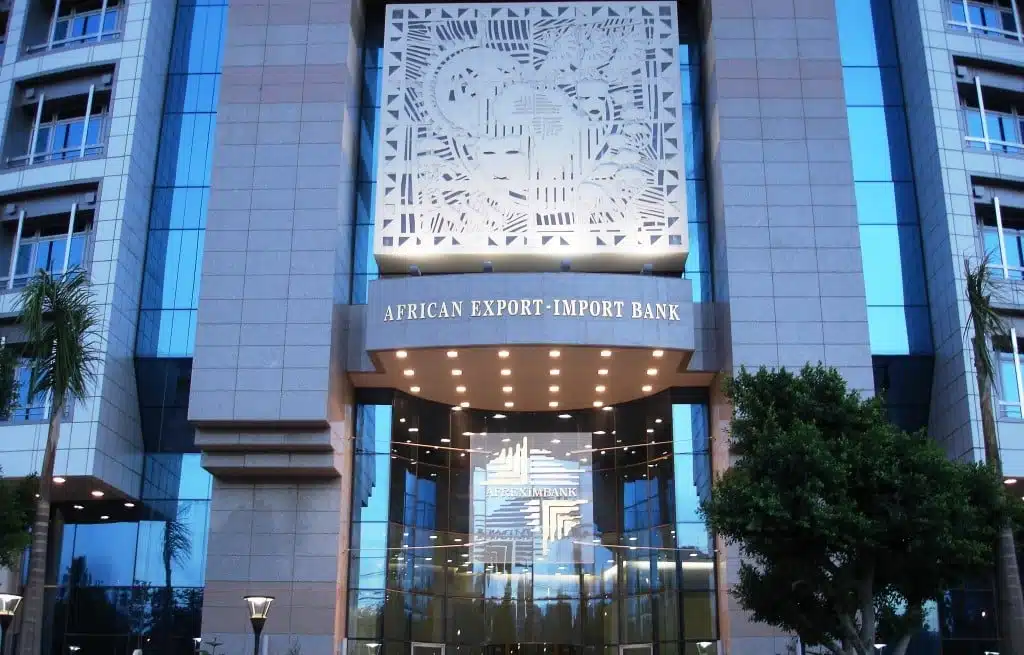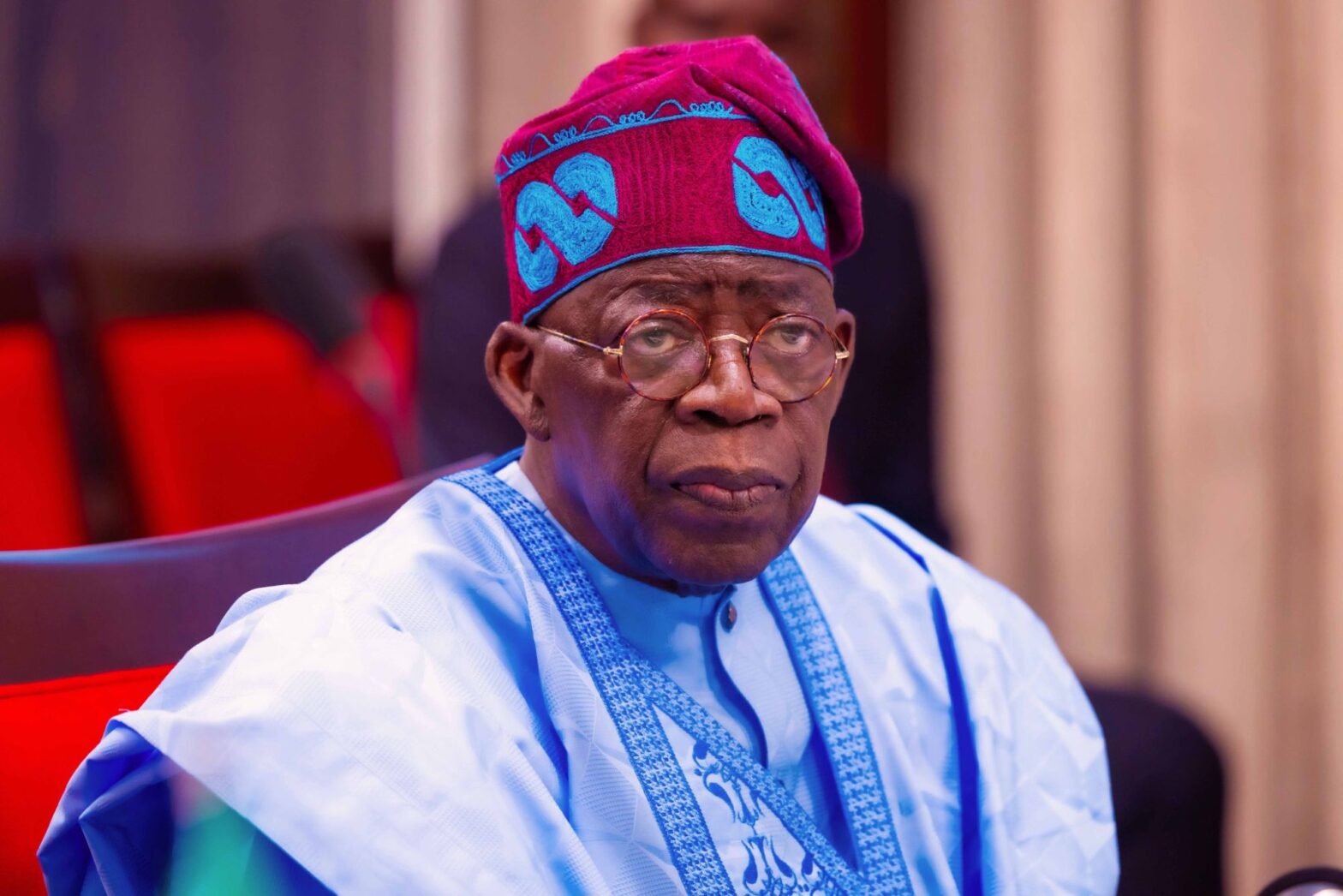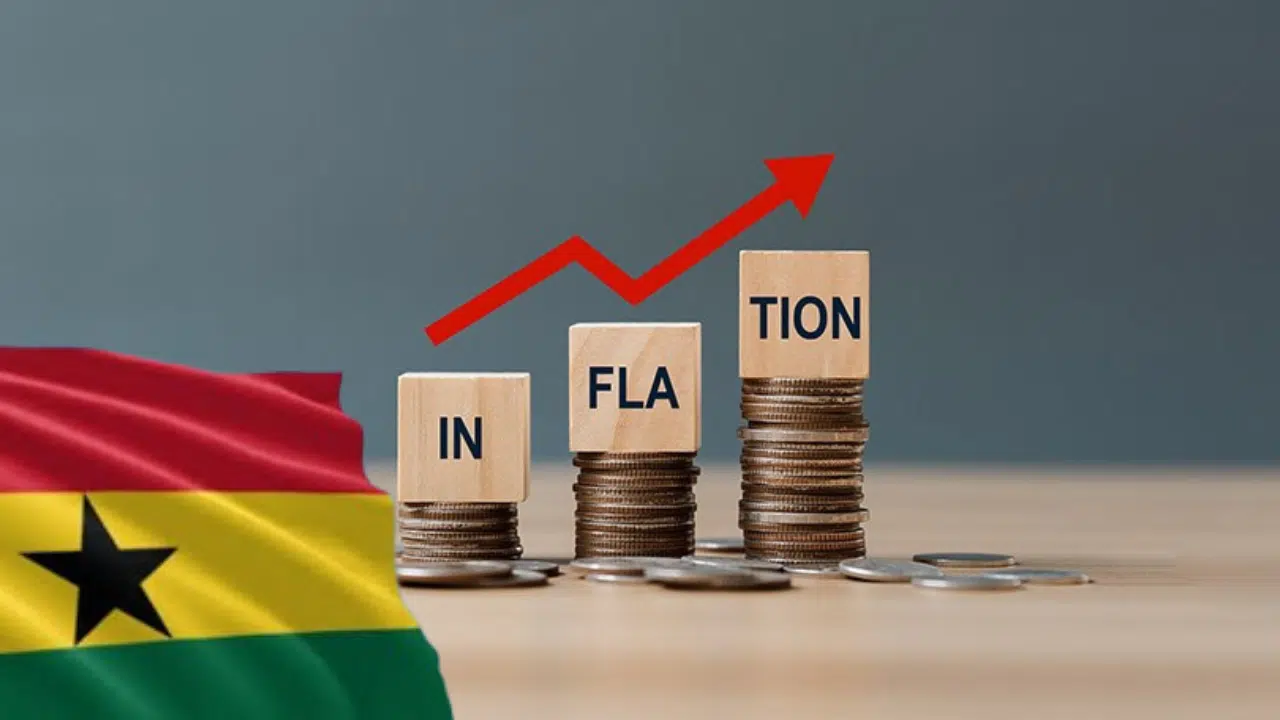GCB Bank PLC, Ghana’s largest commercial bank, has partnered with Visa to launch the GCB Visa Infinite and Visa Signature cards, catering to high-net-worth individuals. While positioned as a step toward a cashless economy, data suggests that cash is still a critical part of Ghana’s financial space, raising questions about the broader impact of these premium offerings.
The GCB Visa Infinite and Visa Signature cards offer elite customers benefits such as airport lounge access (over 1,200 worldwide), concierge services, and discounts at luxury merchants.
Mr Sam Aidoo, Executive Director of Wholesale and Investment Banking, GCB Bank PLC, maintains that the new GCB Visa business cards will help push Ghana’s move towards a cashless society and mitigate the risk of carrying bulk cash for business transactions.
However, the data suggests these cards cater for a narrow segment of the population.
Ghana has made significant strides toward cashless payments, particularly with the rise of mobile money. As of 2023, mobile money transactions totalled an astounding GH¢1.91 trillion (approximately $155 billion), with 65.6 million registered accounts—of which 32% were active. This equates to 19 million mobile money transactions daily, making it the dominant payment method in the country.
However, cash remains a critical component of the financial ecosystem. Over 50 million ATM transactions, including cash withdrawals, occur annually, with usage nearing 58 million in 2023—a clear sign that cash continues to be heavily relied upon for payments.
Additionally, the Ghana Statistical Service reports a continuous increase in currency issuance to meet the growing demand for cash. This coexistence of mobile money and cash highlights a complex financial landscape, one not yet fully cashless.
Suggested read: What you need to know as CBN restricts POS cash withdrawals
GCB cards are unlikely to drive cashless adoption
GCB’s new cards align with global banking trends of targeting high-value customers for profitability. Apart from Visa, Mastercard also offers similar premium card services for some eligible customers.
However, their impact on Ghana’s cashless goals is questionable. While over 60% of Ghanaians have access to mobile money accounts, formal banking services lag behind.
Only 58% of the population hold bank accounts, with many relying primarily on mobile money for financial transactions. This indicates that the average Ghanaian is more likely to use mobile wallets or cash than premium banking products.
Ghana’s economic landscape further complicates the adoption of premium banking solutions. With inflation hovering at 38.1% as of September 2024, many Ghanaians face reduced purchasing power, limiting the appeal of high-end banking products.
The World Bank also highlights rising income inequality, with the top 10% of earners controlling nearly 32% of national income. This environment raises concerns about the inclusivity of products targeting a small, affluent demographic.

